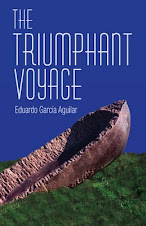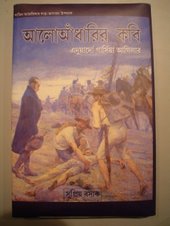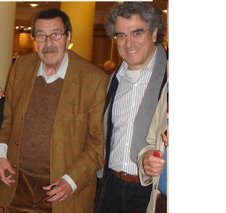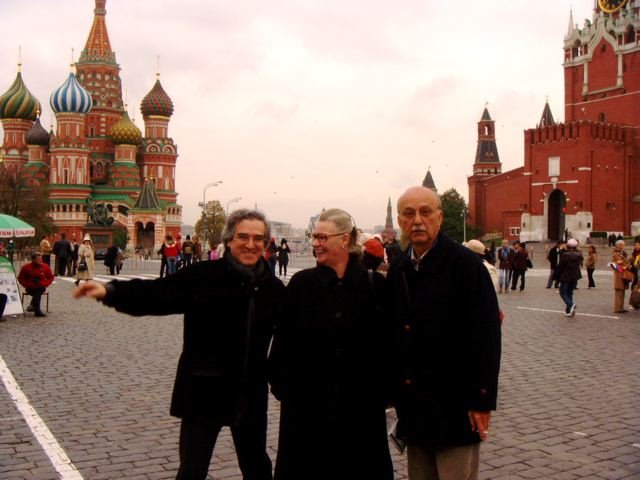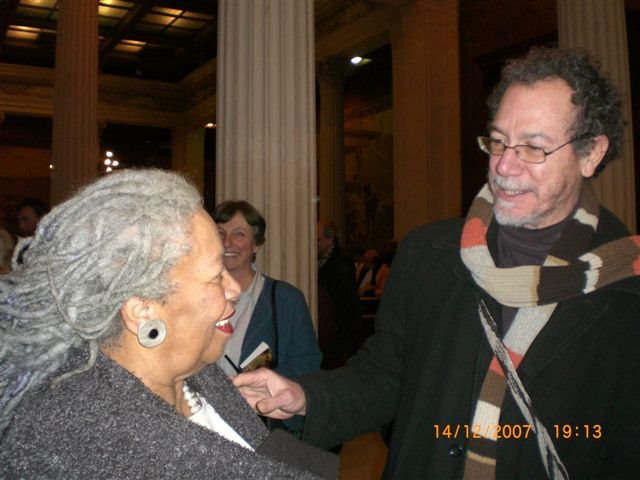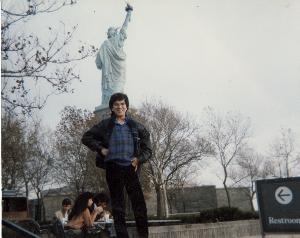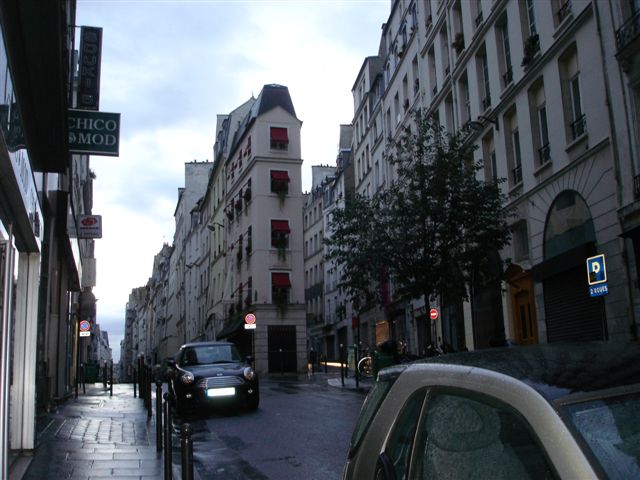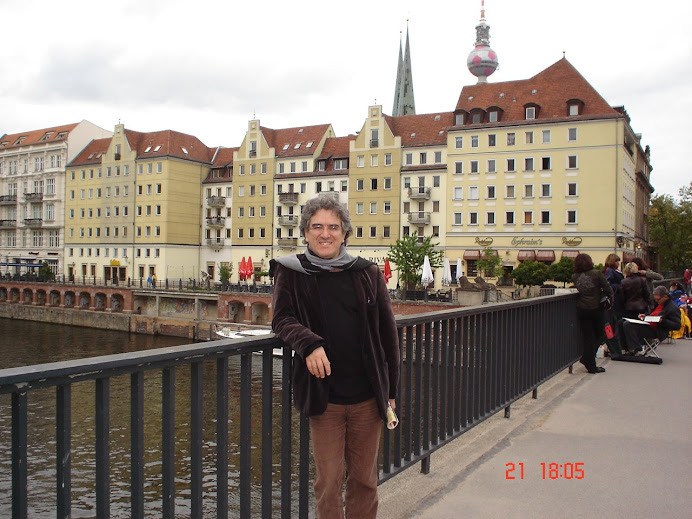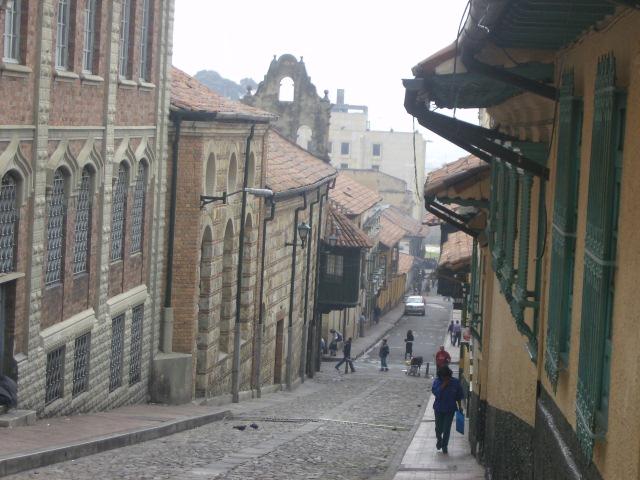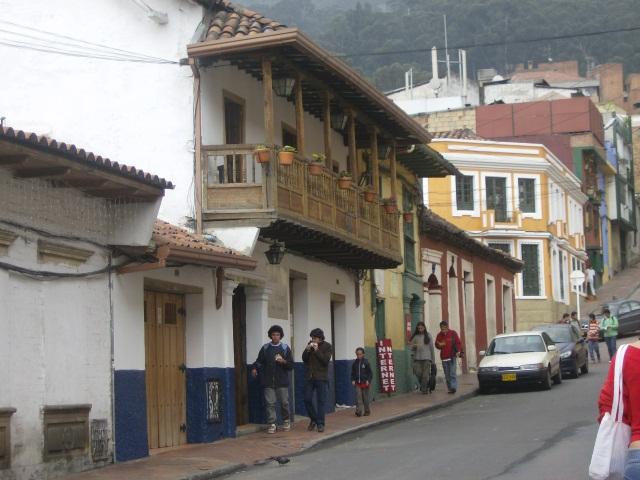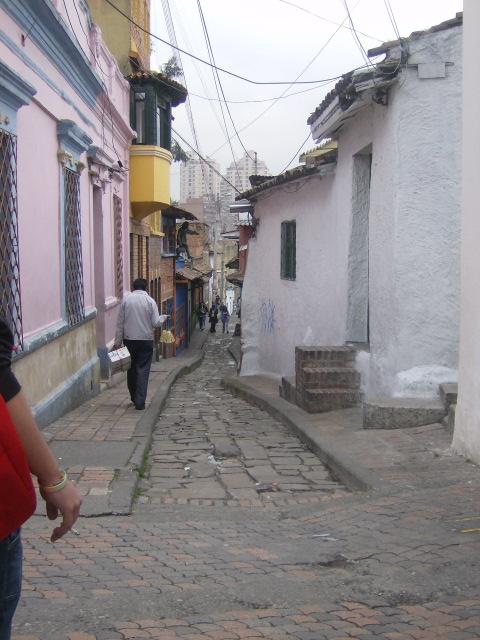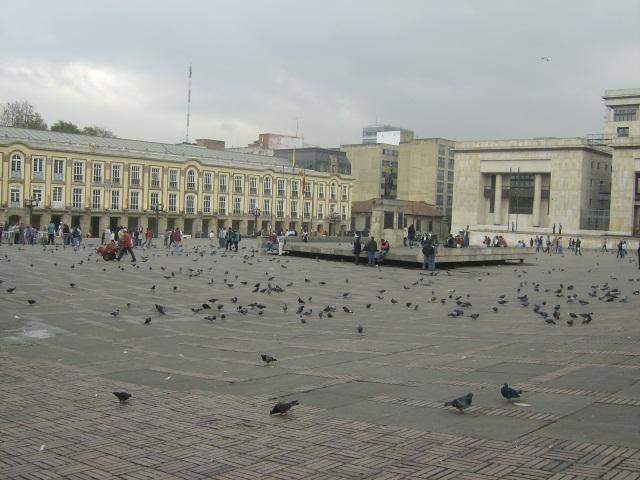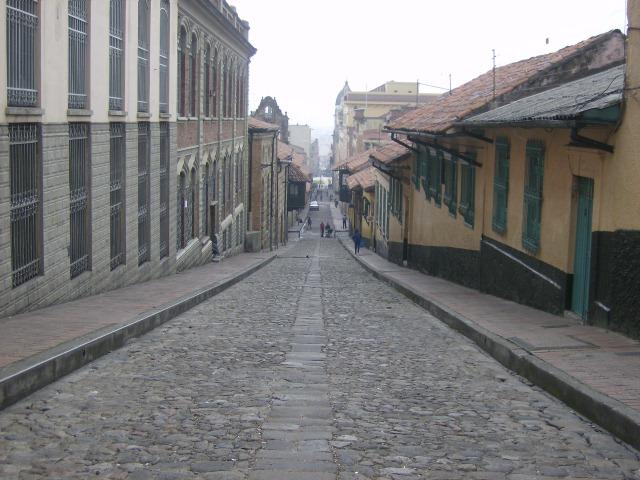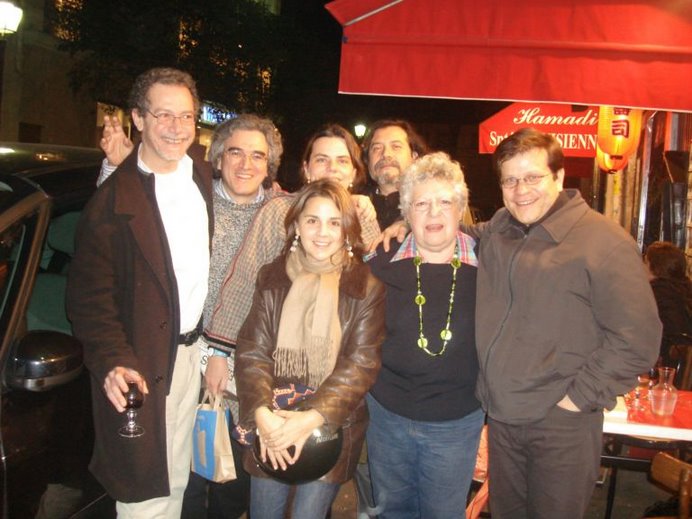lunes, 6 de agosto de 2007
DE JUAN GUSTAVO COBO BORDA EN COLOMBIA HOY
De este modo la novela contemporánea en Colombia, de Oscar Collazos a Marco
Tulio Aguilera Garramuño, de Alba Lucía Angel a Gustavo Alvarez Gardeazábal, y de
Eduardo García Aguilar a Evelio Rosero Diago, confirma su innegable vitalidad. Sus
múltiples propuestas son las mismas de un país cada vez más complejo y polifacético.
Cada día más crítico, en su tensión creativa.
Juan Gustavo Cobo Borda. Colombia hoy. Poesía y novela en la década del 80: algunas tendencias.
(Colombia hoy. Autor: Melo, Jorge Orlando, Coord. Versión digital proporcionada por Banco de la República Biblioteca Luis Angel Arango. 405 p. Prólogo por Alvaro Camacho Guizado. Obra proporcionada por: Biblioteca Luis Angel Arango, Colombia Resumen: Contiene: Primera Parte: Colombia Hoy. 1. Etapas y sentido de la historia de Colombia por Jaime Jaramillo Uribe; 2.La República conservadora por Jorge Orlando melo; 3. Colombia: siglo y medio de bipartidismo por Alvaro Tirado Mejía; 4. Síntesis de la historia política contemporánea por mario Arrubla Yepes; 5. Industrialización y política económica por Jesús Antonio Bejarano; 6. El desarrollo histórico del campo colombiano por Salomón Kalmanovitz; 7. Poesía y novela en la década del 80: algunas tendencias por Juan Gustavo Cobo Borda; 8. El teatro: las últimas décadas en la producción teatral en Colombia por Carlos José Reyes; 9. El cine en la última década del siglo XX: imágenes colombianas por Luis Alberto Alvarez; 10. Arte moderno en Colombia: de comienzos de siglo a las manifestaciones más recientes por germán Rubiano Caballero. Segunda Parte: Perspectivas hacia el siglo XXI. 1. El estado colombiano: ¿crisis de modernización o modernización incompleta? Por Francisco Leal Buitrago. 2. Política social: prioridad de la década del 90 por Miguel urrutia Montoya; 3. Apertura económica y equidad: os retos de Colombia en la década de los años noventa por Saúl Pineda Hoyos)
LUMINOUS CITIES BY EDUARDO GARCIA AGUILAR
Luminous Cities
isbn: 0-9707652-1-5
Colombian writer Eduardo García Aguilar captures here the unseen side of the great cities of the world. From Paris, Stockholm and Rome to Mexico City, Antigua and San Francisco, from the garrets of lovers in Europe to the killing fields of civil wars in the Americas, from the beautiful bodies of youth to the nostalgia of old age, we witness these luminous urbs through the eyes of a "professional foreigner." Artist Santiago Rebolledo illustrates each of these stories with his own vision of the metropolis.
After finishing studies in political economy at the University of Paris, García Aguilar (Manizales, Colombia, 1953) moved to Mexico City to work as a journalist, eventually becoming assistant director of Agence France-Presse. I n the late '90s he returned to Paris, where he currently heads the Latin American desk for AFP and is a frequent contributor to Letras Libres. He has also had a prolific literary career—two collections of short stories, two collections of poetry, three novels, including El Viaje Triunfal, winner of the 1993 Premio Ernesto Sábato, and book-length studies of his compatriots Álvaro Mutis and Gabriel García Márquez. His critical analysis of globalism and the Zapatista movement, Mexico Madness: Manifesto for a Disenchanted Generation, was published last year by Aliform.
Publisher: Aliform
In English
184 pages
$16.95
isbn: 0-9707652-1-5
Colombian writer Eduardo García Aguilar captures here the unseen side of the great cities of the world. From Paris, Stockholm and Rome to Mexico City, Antigua and San Francisco, from the garrets of lovers in Europe to the killing fields of civil wars in the Americas, from the beautiful bodies of youth to the nostalgia of old age, we witness these luminous urbs through the eyes of a "professional foreigner." Artist Santiago Rebolledo illustrates each of these stories with his own vision of the metropolis.
After finishing studies in political economy at the University of Paris, García Aguilar (Manizales, Colombia, 1953) moved to Mexico City to work as a journalist, eventually becoming assistant director of Agence France-Presse. I n the late '90s he returned to Paris, where he currently heads the Latin American desk for AFP and is a frequent contributor to Letras Libres. He has also had a prolific literary career—two collections of short stories, two collections of poetry, three novels, including El Viaje Triunfal, winner of the 1993 Premio Ernesto Sábato, and book-length studies of his compatriots Álvaro Mutis and Gabriel García Márquez. His critical analysis of globalism and the Zapatista movement, Mexico Madness: Manifesto for a Disenchanted Generation, was published last year by Aliform.
Publisher: Aliform
In English
184 pages
$16.95
Suscribirse a:
Comentarios (Atom)

